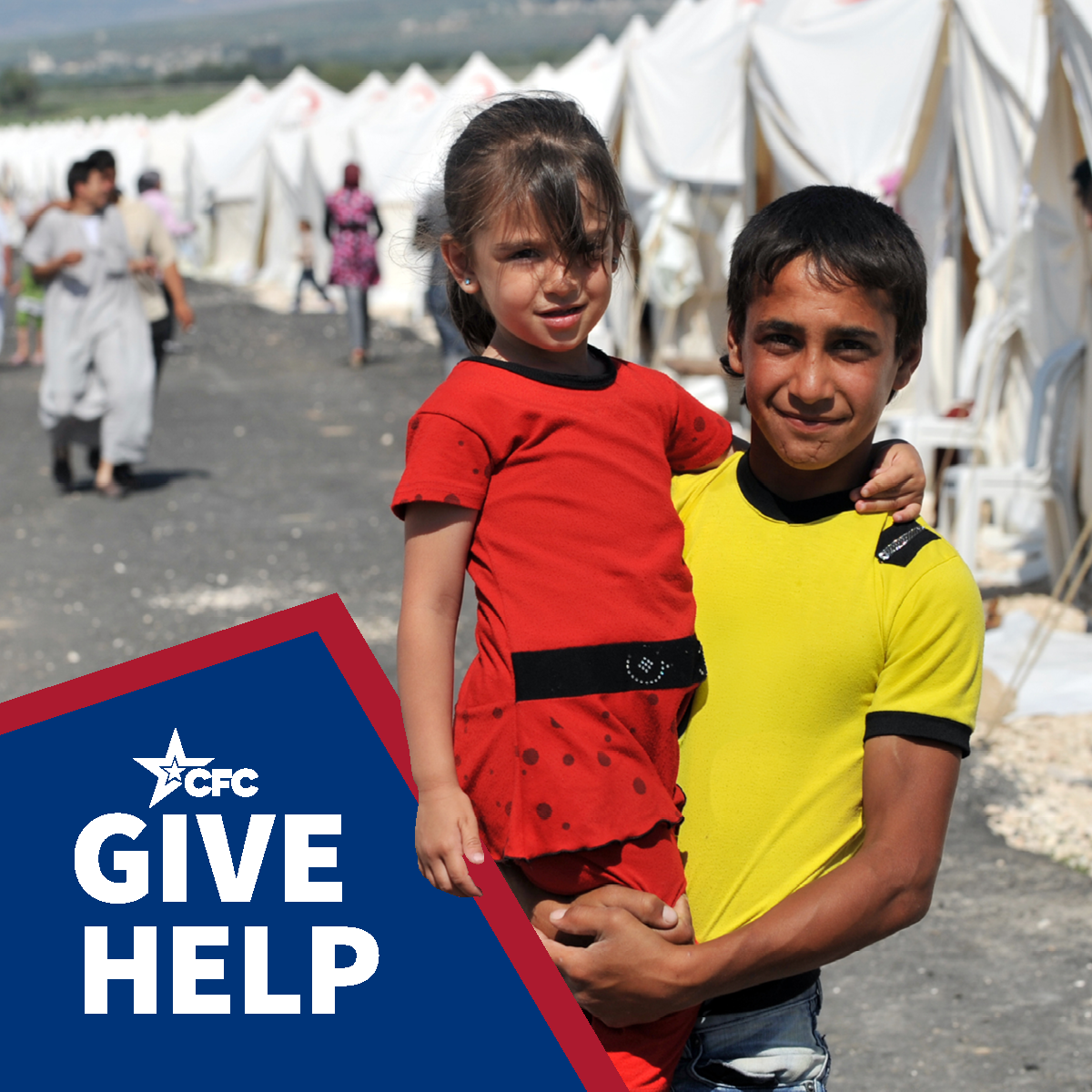 GIVE HELP
GIVE HELP
The number of billion-dollar natural disasters has been steadily growing in the United States, with 28 occurring in 2023 alone. While some natural disasters allow some time to prepare, others – like flash floods, earthquakes, tornadoes, landslides, wildfires, and avalanches – can turn people’s lives upside down with little to no warning.
Households and communities devastated by disasters or crises can take months, even years, to recover and depend on charitable organizations to offer legal aid, rebuild homes, supply food, and provide medical care. Charities also help communities prepare for and predict disasters to mitigate the damage. Large scale disasters affect communities, states, and even entire regions of world, but crises come in all shapes and sizes. Some are very personal and may only affect one family, but charities are still there to save the day.
Here are a few examples of how when you GIVE HAPPY through the CFC, you can GIVE HELP through charities working in the disaster & crisis response cause area:
-
Train search and rescue dogs.
-
Supply relief kits containing food, clean water, medicine, and blankets to victims of natural disasters.
-
Provide temporary shelter to refugees.


